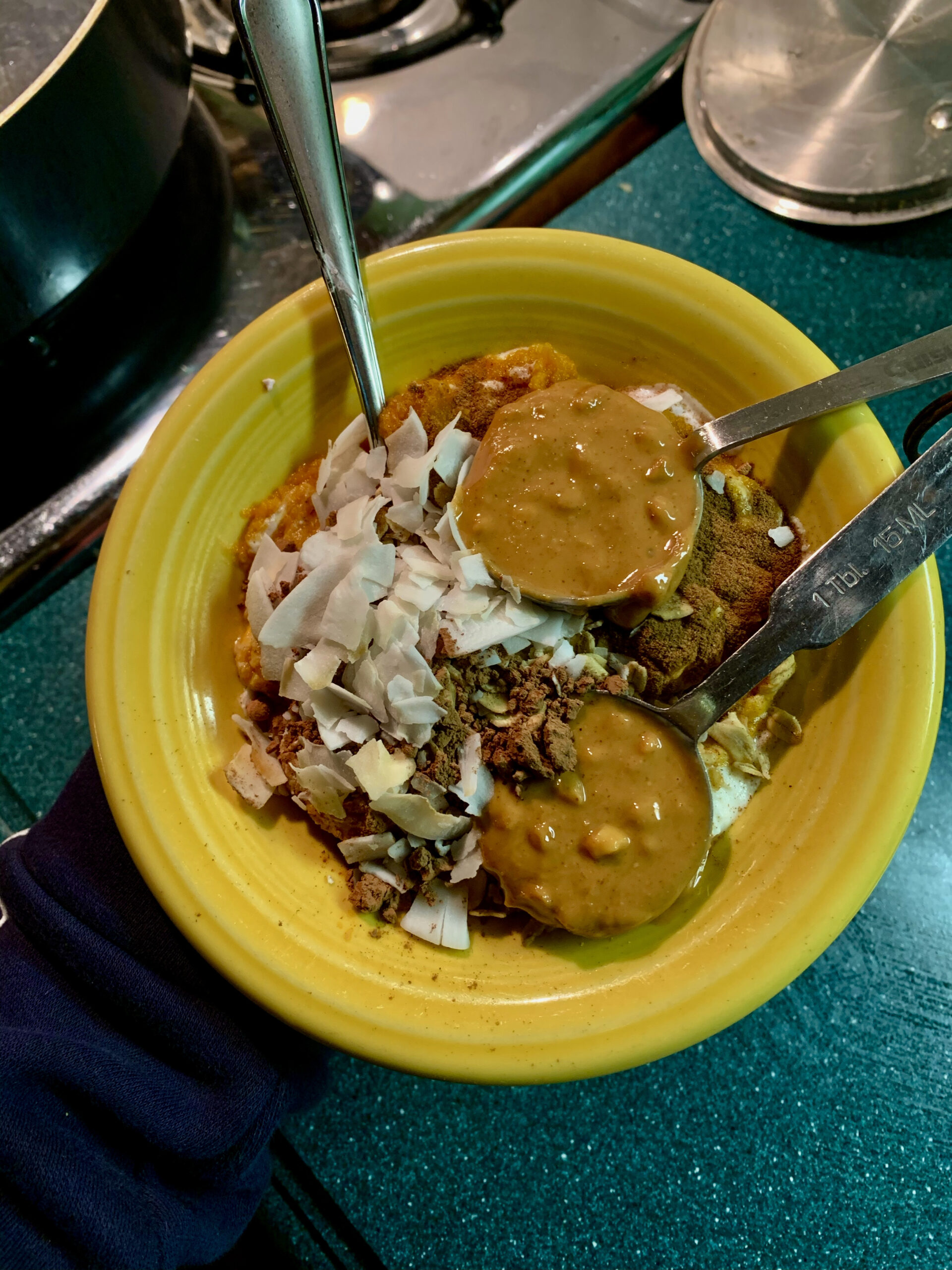
I’ve been listening to some podcasts with a well-known and well-respected author who is a proponent of a ketogenic diet for weight loss. While I found numerous statements and claims questionable, what I want to focus on in this blog post is whether or not a ketogenic diet is a “magic bullet” for weight loss, especially for those who struggle with emotional eating.
I followed a ketogenic/low carb diet for decades. I believed carbs were fattening. If I could get my carbs low enough, the keto experts told me, I’d lose weight and be able to effortlessly control my eating. In fact, “overeating” was an illusion, as far as weight was concerned! Calories don’t count on keto, they said. I heard similar claims made on the podcasts I listened to recently. Like many who currently follow low carb diets, I struggled with overeating cheese, nuts, and low carb treats. My weight was 15-20 lbs higher than it is now. I no longer follow a keto or very low carb diet, although I am carb-conscious.
A ketogenic diet did not magically melt off my weight, and it did nothing to control my overeating/emotional eating/cravings. On one of the keto podcasts I recently listened to, the keto author said he recently decided to cut out nuts because he was eating ~1,000 calories of them per day and noticed a rash on his face. Going from 1,000 calories of nuts (about 5.5 oz) to no nuts exemplifies black and white thinking. Why not just…eat 1 oz of nuts? Because doing that is hard for many people. Nuts are delicious. With a lot of time and inner work, I can now limit my nut (including peanut butter!) consumption…even though I eat CARBS! Shouldn’t I be riddled with cravings and unable to control my eating? Keto does not cure emotional eating, or wanting to eat food because it is delicious.
Keto may very well truly control hunger on a biochemical/physiological level. But humans eat food for all kinds of reasons that have little to do with physical hunger. We eat when happy, sad, stressed, and celebrating with friends. We eat food because our mom made it. Food is love. Food calms our nerves. Food is comfort. Eating keto does not eliminate feelings of deprivation and restriction. It is important to note, however, that “deprivation” and “restriction” are subjective. Some people may not feel deprived or restricted on keto. But others might, especially when family members and friends eat foods forbidden on a ketogenic diet.
Sugar, refined carbs, and processed junk are not health foods. This point is underscored by most successful diet strategies, including keto. I am not suggesting all foods are created equal and can be eaten in moderation. And, if keto works for an individual and helps them lose weight while also improving markers of health and well-being, fine. But many people will struggle with keto, or any diet, because diet alone with not fully resolve emotional eating issues. Giving up sugar and junk food and refined carbs is a crucial first step. For many, this step is difficult to make both initially and long term. The best diet in the world will not work if an individual can not overcome their emotional barriers to following it consistently.
So, what can the emotional eater who wants to lose weight do? Address the physiology of weight regulation through healthy diet and lifestyle as well as the emotional realm which can thwart the best of intentions to consistently engage in those behaviors. Over time, taste preferences and eating habits change. Sugar will not always beckon with such intensity.








